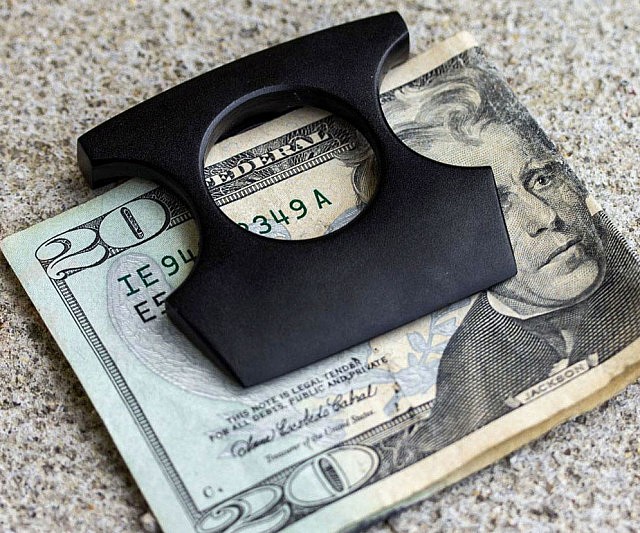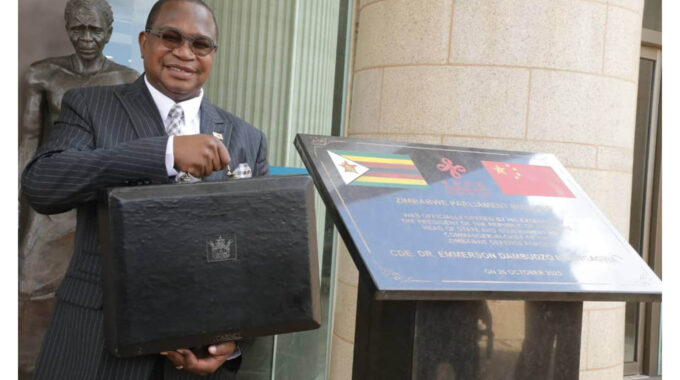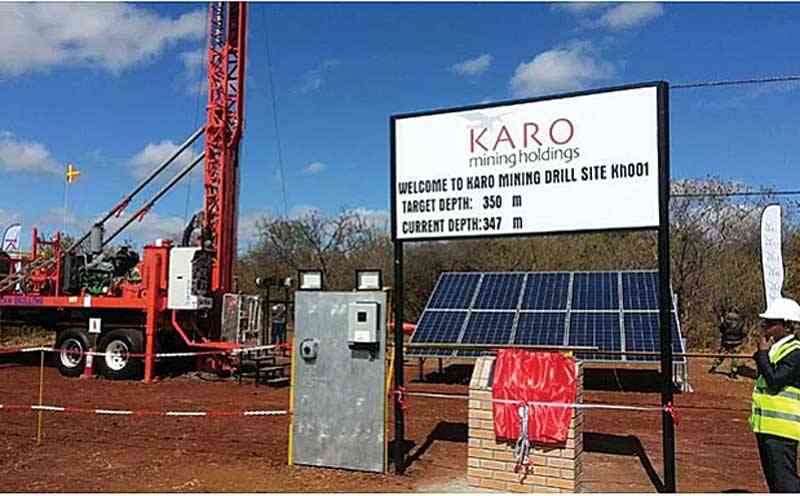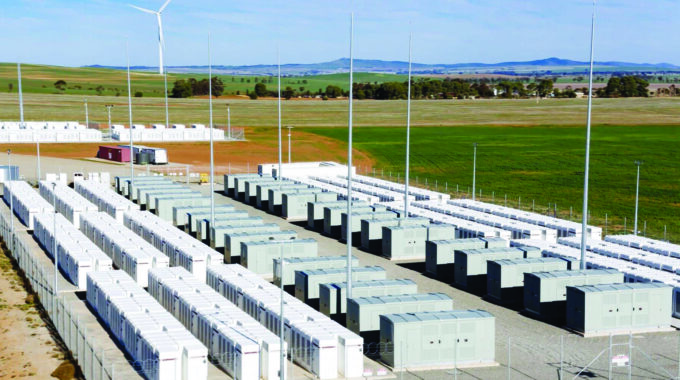Retail, residential space demand dominates real estate
RETAIL and residential properties continue to dominate investments and demand in Zimbabwe’s real estate sector, according to advisory firm IH Securities’ latest report.
The stock broker said despite the low consumer disposable incomes in the country, the retail sector has remained resilient.
“The retail and residential sectors continue to benefit from increased demand for quality space.
“Resultantly, these sectors continue to witness a relatively higher level of investment and developmental activity as investors are attracted by improved space absorption and yields,” IH Securities said in its report.
Rental rates for retail spaces in the central business district range from US$20 to US$25 per square metre due to increased demand. The rates for the suburban locations have remained largely stagnant at around US$15 and US$20 per square metre, real estate company Knight Frank Zimbabwe said.
“In recent times, there has been a surge in ‘maRunner’ (middlemen) who sell clothes, consumables, and other niche items at a discounted price to drive out higher volumes.
These retail traders have driven the demand for space in the CBD. The average rental yield was 7 percent in 2022,” IH Securities noted.
The residential sector has been the best-performing sector after registering the highest number of transactions in 2022 and also constituted the bulk of activity in the construction sector.
“The growth was fuelled by diasporans through remittances, employer-assisted mortgage schemes, and business executives who have the financial means to build their own houses,” IH Securities said.
The average rental yield for residential real estate in 2022 was 8 percent.
Locally, the office sector is divided into CBD offices and suburban offices, with the latter being those located in residential areas close to the city centre such as Eastlea, Hillside, Milton Park, Belgravia, and Avondale in Harare.
CBD offices, IH Securities noted in its report, are the worst-performing of the two sub-categories owing to the policy position allowing residential suburbs in proximity to the CBD to operate as offices.
Such policy changes have caused the migration of offices from the CBD into the suburban areas, which has led to an oversupply of CBD office buildings vis-a-vis demand.
Consequently, there have been high vacancy rates and unsustainably low rental rates for CBD offices.
“For suburban offices, there has been a boom in their demand and high average occupancy rate and according to Knight Frank, most landlords in the northern suburbs are experiencing a 100 percent occupancy rate for their spaces.
“Market rentals in suburban parks range between US$8,00 and US$13,00 per square metre per month.
“CBD office rental rates range between US$5 and US$8 per square metre per month depending on the size and the state of the space. The average rental yield was 8 percent in 2022,” the report said.
While office demand from big corporations has been falling, demand from SMEs is growing.
CBD property owners have been repurposing their buildings to accommodate small and medium-sized enterprises. Consequently, vacancy rates have remained high because demanded space is smaller.
-herald











